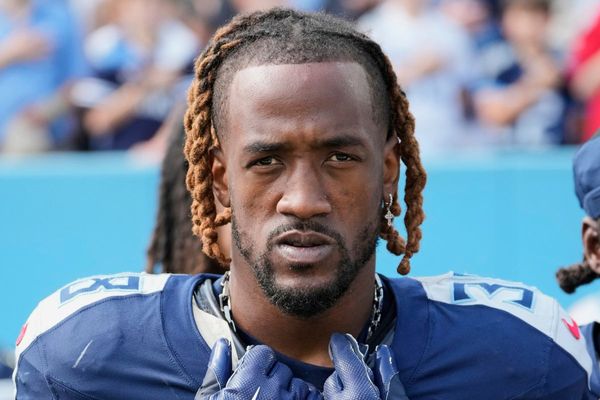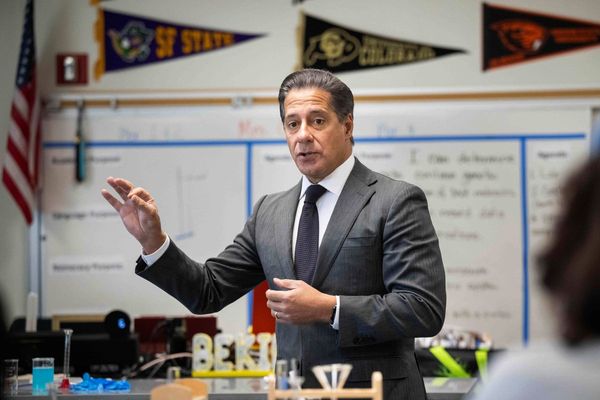A new team combining paramedics and recovery specialists will now respond to some Chicago 911 calls for overdose emergencies.
The city’s first Opioid Response Team launched Monday, Chicago Department of Public Health Director Dr. Allison Arwady said. The alternate 911 response team is part of the city’s expanding effort to send mental health and substance use professionals to emergency calls.
Each team will feature a Chicago Fire Department community paramedic and a University of Illinois at Chicago “peer recovery specialist” who has recovered from substance abuse disorder themselves.
The new pairings can provide people experiencing overdoses with the lifesaving drug Narcan, connect people to care and follow up with support days after an overdose, according to CDPH behavioral health Deputy Commissioner Matt Richards.
The effort “fulfills our commitment to responding to residents experiencing a crisis with a trauma-informed approach that sends the right personnel at the right time with the right resources,” Mayor Lori Lightfoot said in the news release.
The first opioid response team will work weekdays in the East Garfield Park, West Garfield Park and Humboldt Park neighborhoods. The West Side neighborhoods have the highest number of opioid-related 911 calls, Richards said.
The new emergency response option for substance use and overdose calls is part of the city’s Crisis Assistance Response and Engagement program, also known as CARE. The Illinois Department of Public Health approved more expansions of CARE that will be rolled out this year, Richards said.
Three CARE teams across Chicago have already been responding to mental health crises for months. The teams pair mental health professionals with responding paramedics and sometimes include Crisis Intervention Team police officers. The first responders offer de-escalation, mental health assessment, referrals to community services and transport to community-based destinations when they respond.
Now, three more teams will be added and all will be able to respond to a wider array of emergency calls, Richards said.
CARE teams will respond to calls involving well-being, suicide threats, trespassing and suspicious persons when the emergency calls have mental health components. The CARE teams will now also be able to respond to calls involving children ages 12 to 17, Richards said.
Around 3% to 5% of the city’s 911 calls are classified as “mental health” calls, a number that does not include calls about substance abuse, homelessness and family conflict, Richards said.
The expansions are being made after “a year of data” showed the new emergency response method works, Arwady said. CARE teams already operating across Chicago have responded to 539 crises, making 465 patient follow-ups and zero arrests.
“For too long, mental health emergencies were left solely to police or fire department personnel, along with all their other responsibilities,” Arwady said in the release. “With CARE, we can put health care at the center of mental health crisis response, to focus on the immediate crisis and also connect individuals to support services to improve their physical and mental health.”
The city also plans to add two destinations that people experiencing mental health or substance abuse crises can be sent to instead of police stations or hospitals, Richards said. The new destinations include a sobering center and stabilization housing, for which CDPH plans to buy a hotel.
____







